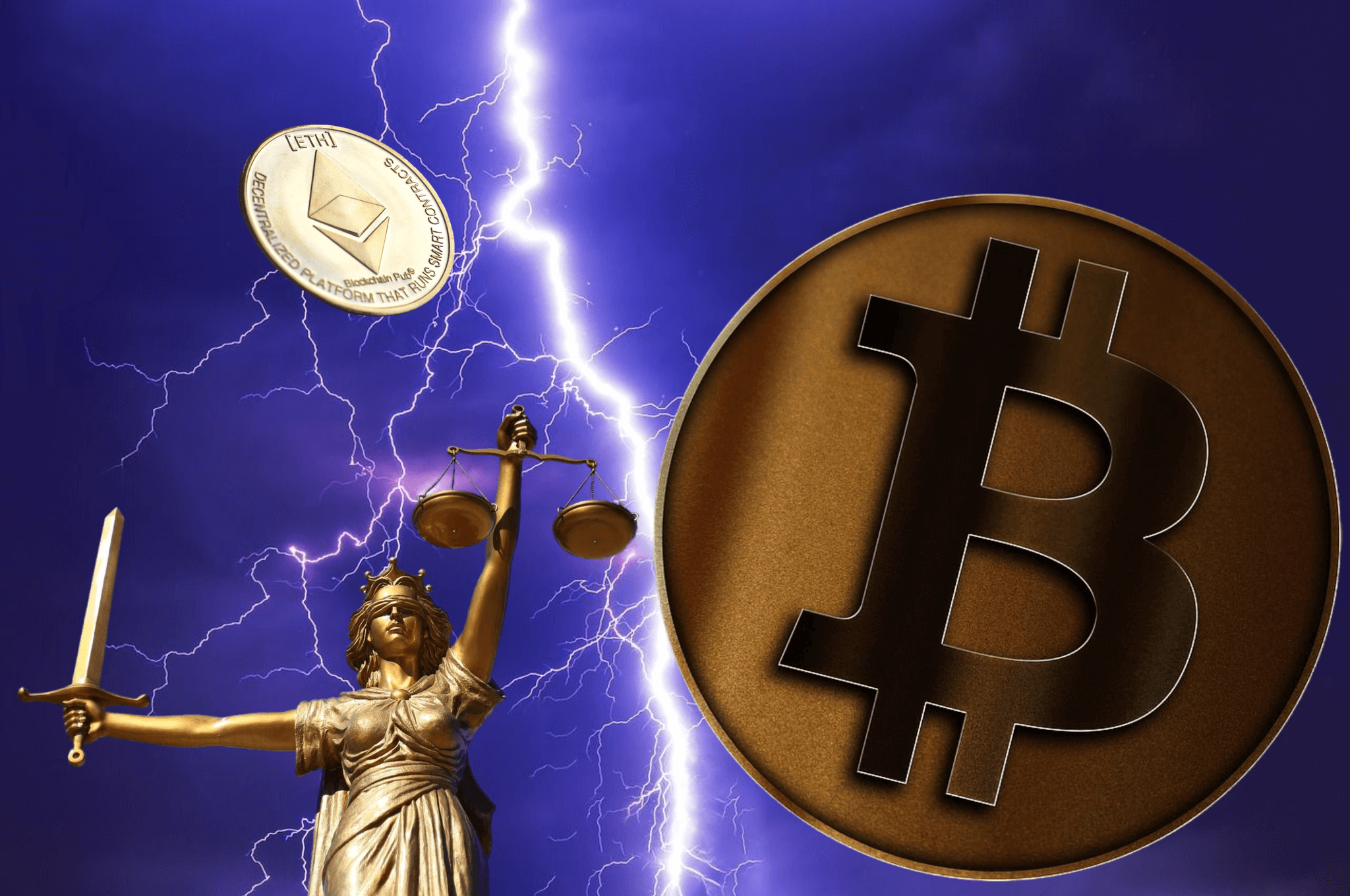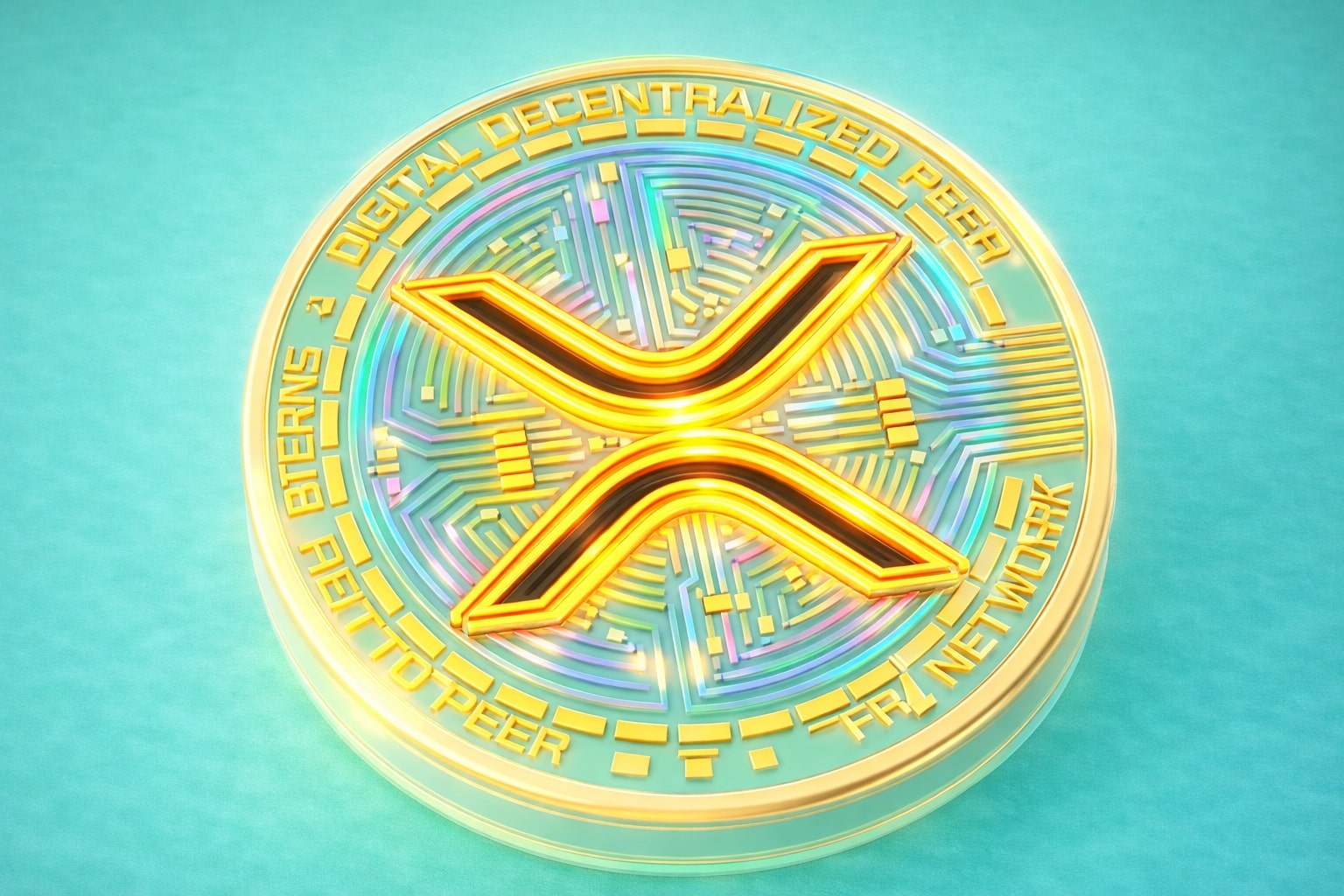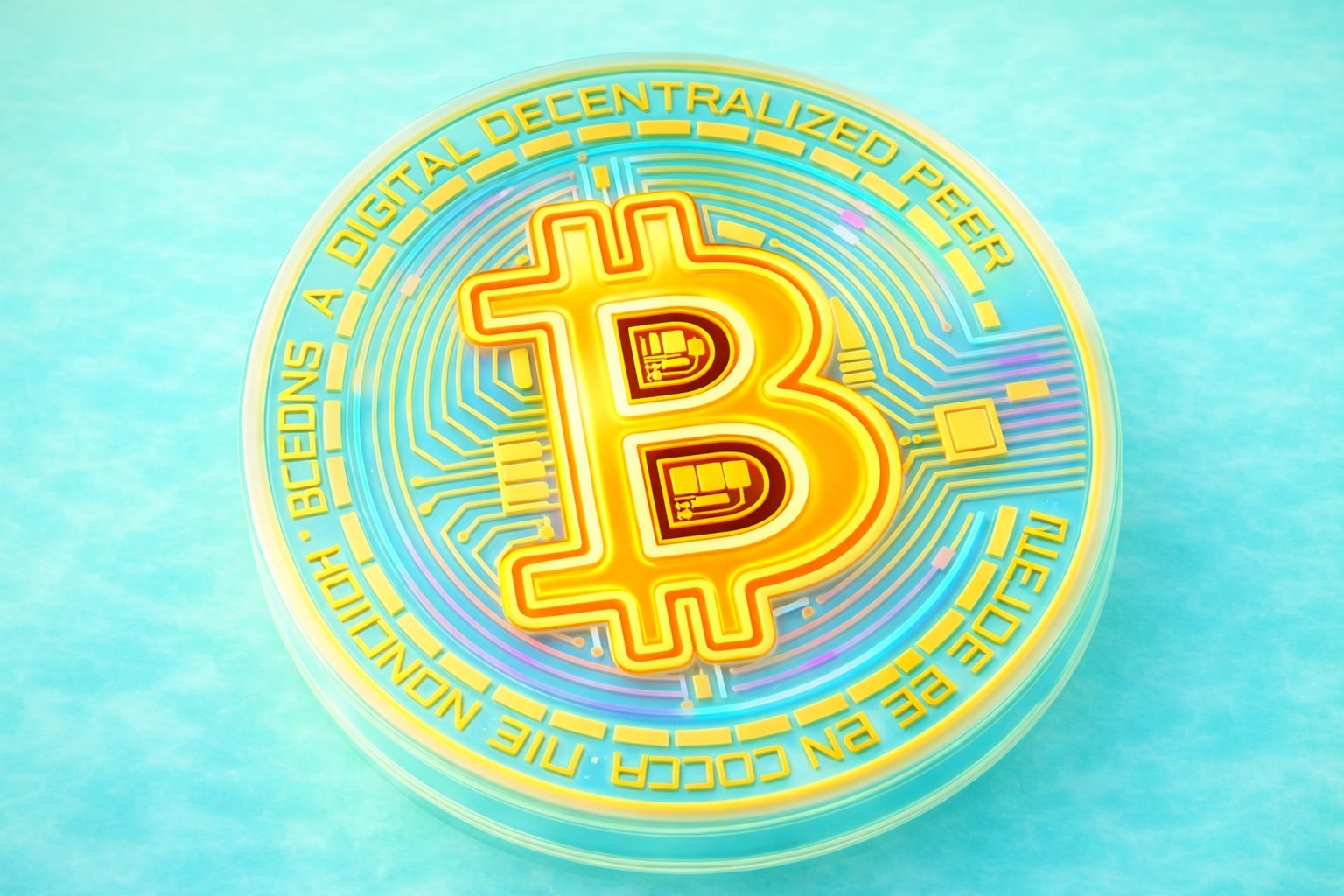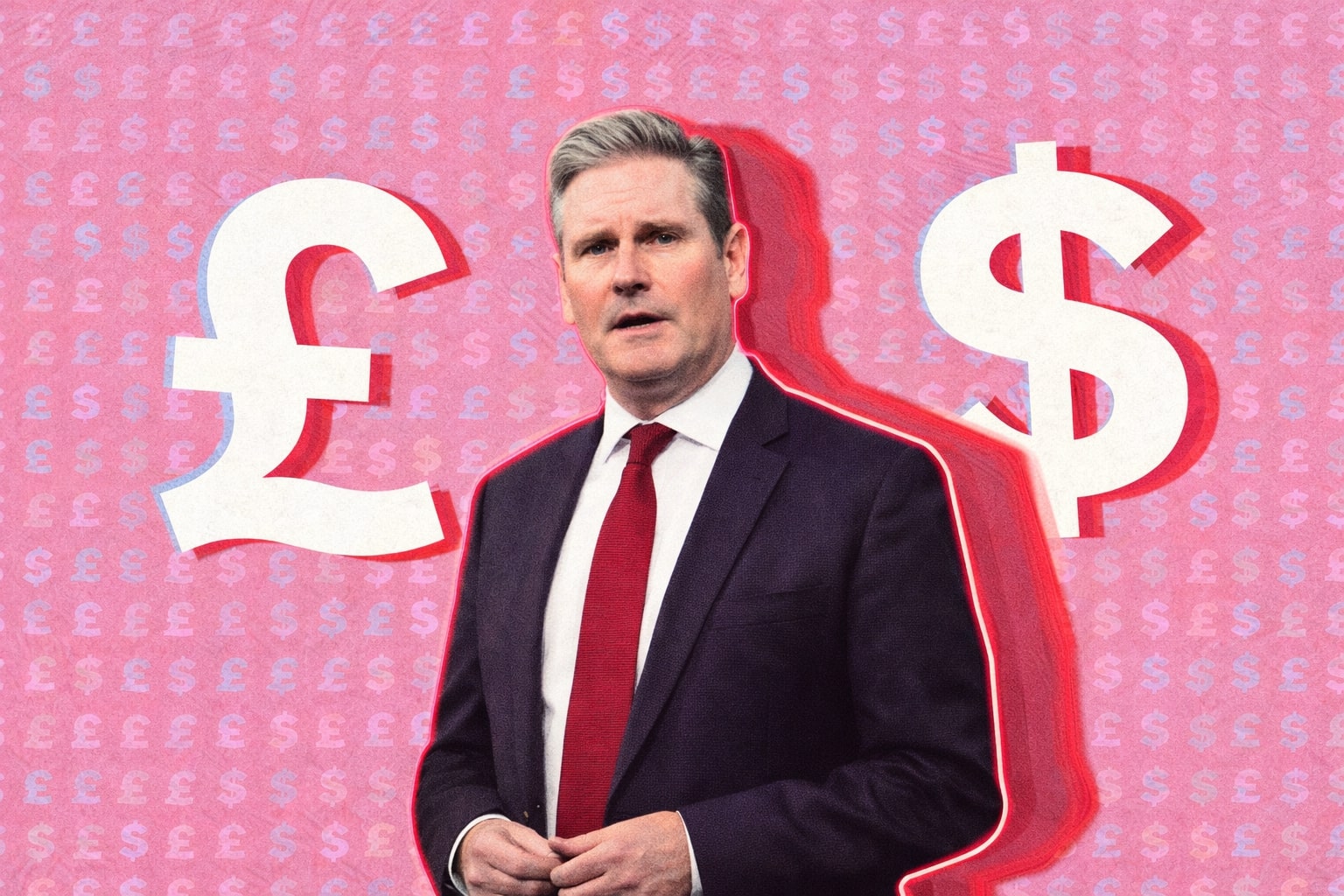
Bitcoin,Ethereum Regulations and Blockchain Supply Chains
Unraveling the Interplay between Cryptocurrency Laws, Blockchain Innovations in Supply Chain Management, and Landmark Judicial Interpretations in the Metaverse | that's TradingNEWS
The judiciary has often been perceived as the gatekeepers of legal wisdom, however, recent events suggest this perception needs reconsideration. Supreme Court Justice Ketanji Brown Jackson recently offered an unusual defense of affirmative action, arguing that Black newborns at high risk have doubled survival chances when attended by Black physicians. While the data supporting this claim is yet to be made public, its peculiar nature has been enough to garner attention.
On the other hand, Manhattan federal judge Analisa Torres appears to have redefined securities laws. She ruled, in essence, that retail investors don’t merit the same protections as institutional investors. While not verbatim, this inference could be drawn from her recent ruling on the case involving digital token XRP and its parent company, Ripple, a decision that’s currently unsettling the $1.2 trillion crypto market.
Ripple is a blockchain-based digital payment protocol that also created and sold the digital coin XRP. The company’s trouble started when it began selling massive amounts of XRP around 2017. Some of these sales were made to larger investors, and Ripple’s top executives also sold the digital token to retail investors indirectly via crypto exchanges.
The controversy stemmed from Ripple’s failure to disclose crucial information about its operations while selling XRP, a requirement under securities laws to ensure transparency and protect the interests of less-informed investors. Ripple's neglect of this obligation led to the SEC's lawsuit in 2020, which sought damages and disclosure.
Judge Torres, in her ruling, argued that Ripple’s sales of XRP to institutional investors were indeed securities, as they were perceived as investment contracts, thus mandating disclosure. However, she held that Ripple’s sales to retail investors via intermediaries (crypto exchanges) were not investment contracts, and thus were not securities, suggesting that Ripple had no legal obligation to disclose information to them.
The decision was received with mixed reactions. While Ripple celebrated the ruling as a victory, the SEC viewed it as a contradiction to established securities laws and is considering an appeal. Legal observers noted that Torres' logic in excluding Ripple's sales to retail investors from being classified as securities because they were done through an intermediary, was flawed, as most regular stock purchases occur in a similar manner.
As this regulatory dilemma unfolds in the U.S., international developments continue to reshape the crypto landscape. The Australian financial watchdog recently revoked the operational license of FTX Australia, amid allegations that Sam Bankman-Fried misappropriated customer funds to serve his interests. In contrast, Indonesia made strides in bolstering its crypto investment environment by introducing a national crypto exchange and clearing house.
Meanwhile, Shanghai, despite China's strict stance on cryptocurrencies, is proactively welcoming blockchain technology and digital yuan. McDonald’s Hong Kong joined the metaverse trend by launching “McNuggets Land” on The Sandbox platform, blending the virtual world with real-world rewards.
In response to these developments, the U.S. Senate introduced the Crypto-Asset National Security Enhancement Act of 2023 on July 18, aimed at enforcing stricter anti-money laundering rules on DeFi protocol handlers and those providing user-friendly interfaces for smart contracts.
With Ripple’s XRP ruling causing waves in the crypto sector, the SEC is taking steps to ensure that the decision doesn’t set an undesirable precedent. As the regulator moves to appeal, it remains to be seen how these events will influence the future of crypto regulation and the broader landscape of securities laws.
That's TradingNEWS
Read More
-
Ferrari Stock Price Forecast - RACE at $377 Stock Turns Sentiment Slump Into A High-Margin Buying Window
12.01.2026 · TradingNEWS ArchiveStocks
-
XRP Price Forecast - XRP-USD Holds the $2 Line as Clarity Act Vote and Powell Drama Put Crypto on Edge
12.01.2026 · TradingNEWS ArchiveCrypto
-
Oil Price Forecast Oil Slip as Iran “Control” Claim and Fast-Tracked Venezuela Deal Test the $60 Floor
12.01.2026 · TradingNEWS ArchiveCommodities
-
Stock Market Today: Dow, S&P 500, Nasdaq Drop As Gold Rips Higher And WMT, TEM, SNCY Rally
12.01.2026 · TradingNEWS ArchiveMarkets
-
GBP/USD Price Forecast - Pound Spikes Back Toward 1.35 as Fed Turmoil Cracks the Dollar
12.01.2026 · TradingNEWS ArchiveForex


















